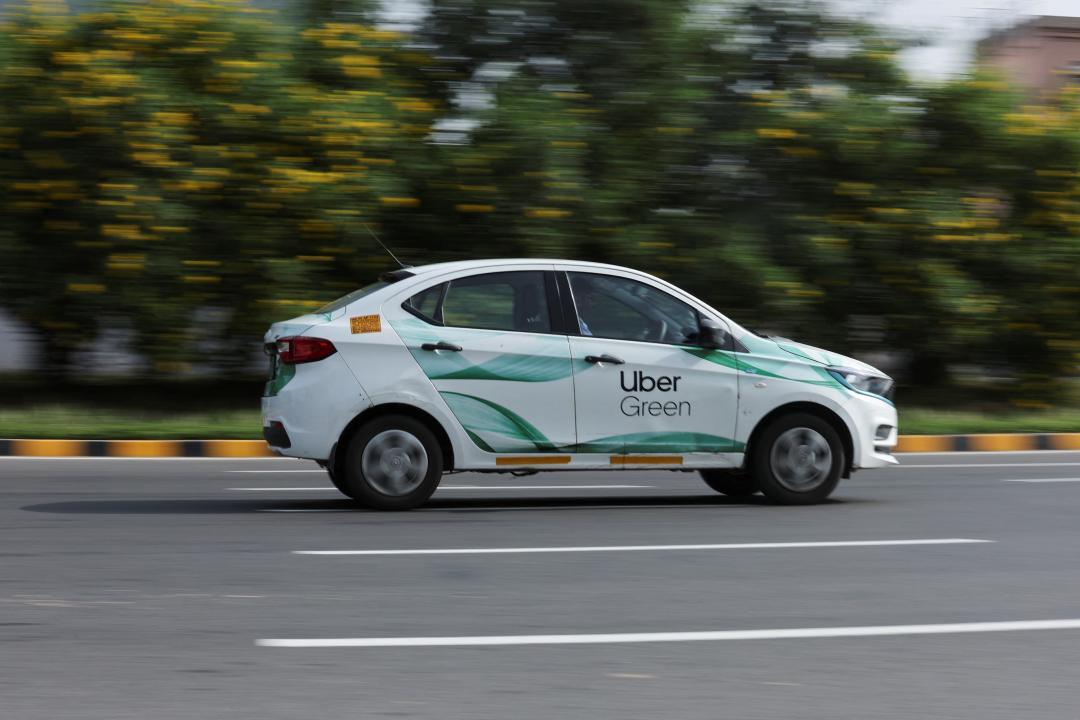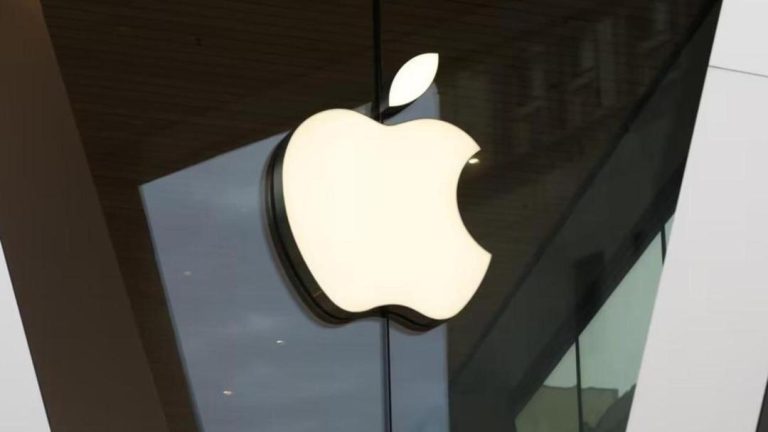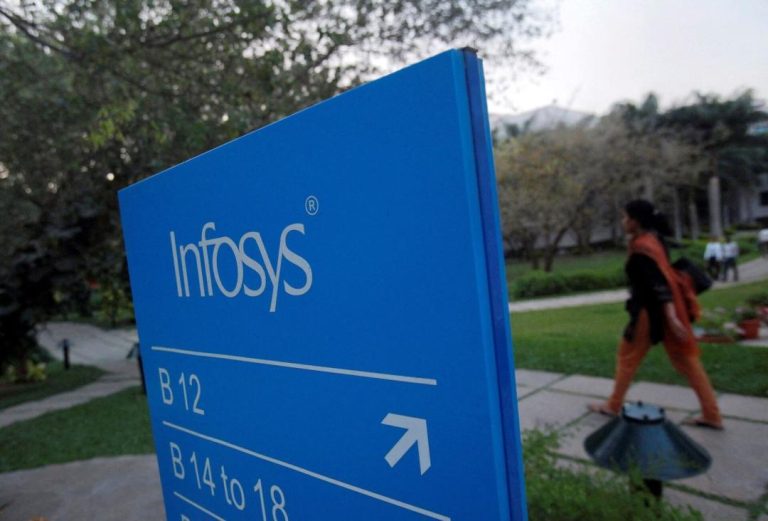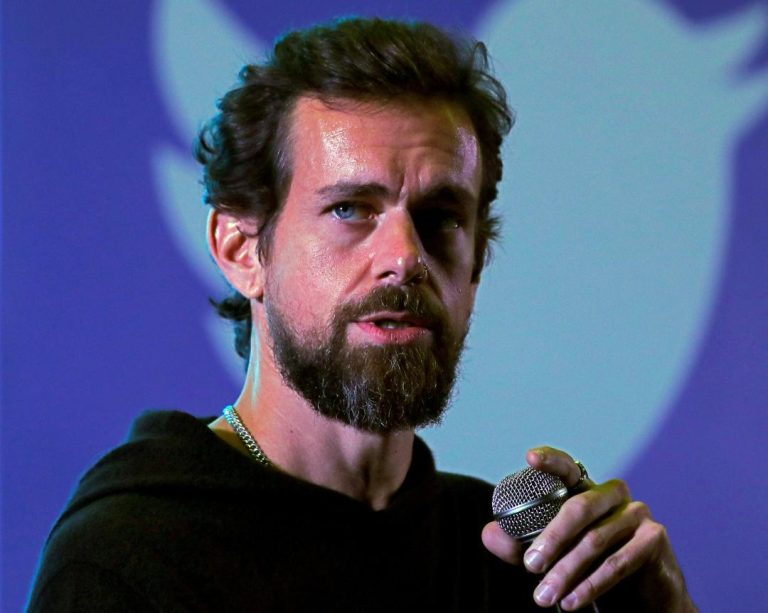
Why are Ola, Uber & Rapido drivers on indefinite strike in Mumbai?
Mumbai, the financial capital of India, has been witnessing disruptions in its transportation services after drivers of popular ride-hailing platforms Ola, Uber, and Rapido went on an indefinite strike. This strike has resulted in longer wait times and fewer cabs on the road, causing inconvenience to commuters. But what’s behind this sudden decision by the drivers? Let’s dive into the reasons behind this strike and explore the concerns of these drivers.
As reported by NDTV, the drivers are protesting against the low earnings they receive after deducting aggregator commissions and fuel expenses. According to the drivers, their actual income falls to just ₹8-12 per kilometre, which they claim is unsustainable amid rising fuel and maintenance expenses. This has led to a sense of desperation among the drivers, who feel that they are being exploited by these ride-hailing companies.
The strike has been called by the Mumbai Taximen’s Association (MTA), which represents the interests of taxi drivers in Mumbai. The association claims that the drivers are not able to earn a decent income due to the low fares offered by these companies. They have been demanding a minimum fare of ₹25 per kilometre, which is significantly higher than the current rate of ₹12-15 per kilometre.
One of the striking drivers, who wished to remain anonymous, told NDTV that he has been working for Ola and Uber for the past three years. He said that despite working for 12 hours a day, he is barely able to earn ₹10,000 per month. “I am not able to pay my expenses and my family is suffering because of this. The companies are making huge profits, but we are the ones who are suffering,” he said.
Another driver, who works for Rapido, said that the company deducts 20-25% of his earnings as commission, which leaves him with very little. “I am not able to earn a decent income, and I am forced to work for 12 hours a day just to make ends meet. The strike is our way of telling the companies that we will not tolerate this exploitation anymore,” he said.
The strike has not only affected the drivers but also the commuters who rely on these services. Many passengers have taken to social media to express their frustration and inconvenience caused by the strike. “I was stuck at the airport for hours because there were no cabs available,” tweeted one passenger.
The strike has also drawn attention to the working conditions of these drivers. Many drivers work for long hours without any social security benefits or job security. They are also not provided with any insurance coverage or medical benefits. This has led to a sense of insecurity and uncertainty among the drivers, who feel that they are vulnerable to exploitation.
The ride-hailing companies, however, have dismissed the strike as a “small-scale” protest and have assured that they will continue to operate normally. They claim that the drivers are being paid fairly and that the strike is not representative of the larger driver community.
In a statement, Ola said, “We are committed to providing a safe and reliable transportation experience to our customers. We are in talks with the Mumbai Taximen’s Association to resolve their concerns and ensure that our drivers continue to earn a fair income.”
Uber, on the other hand, said that it is working with the drivers to address their concerns and improve their earnings. “We are committed to providing a platform that benefits both our drivers and customers. We are in discussions with the MTA to find a solution that works for everyone,” said an Uber spokesperson.
Rapido, however, did not respond to NDTV’s queries.
The strike has highlighted the need for reforms in the ride-hailing industry. The companies need to address the concerns of the drivers and ensure that they are paid fairly and treated with dignity. The government also needs to intervene and regulate the industry to prevent exploitation of drivers.
As the strike continues, it remains to be seen how the situation will unfold. Will the ride-hailing companies come to the negotiating table and address the concerns of the drivers? Or will the strike continue to disrupt the transportation services in Mumbai? Only time will tell.






